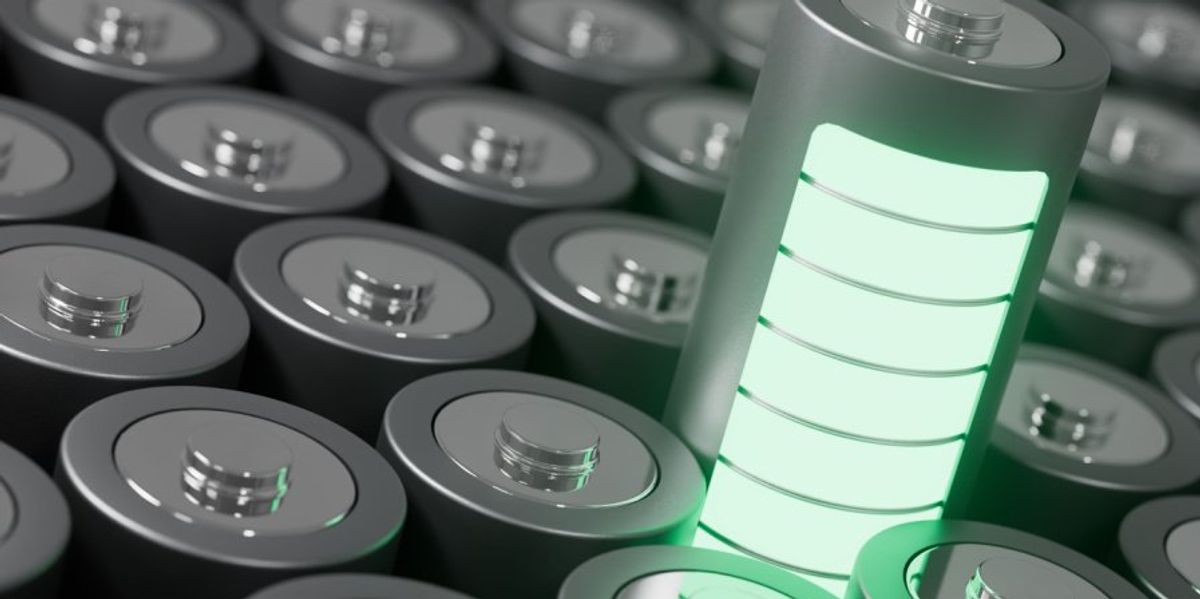The global lithium-ion battery market was worth US$54.4 billion in 2023, and is expected to expand at a compound annual growth rate of 20.3 percent to reach US$182.5 billion by 2030.
China has traditionally dominated this burgeoning market sector, but its reign is being challenged as western countries take steps to establish cleaner, more sustainable supply chains closer to home.
Canada’s efforts to combat climate change in recent years have included investing dollars and deals into building out a domestic lithium-ion battery supply chain. Already in 2024 strong signs are emerging that its efforts are paying off.
BloombergNEF (BNEF) has reported that the Great White North is leaving longtime leader China in the dust when it comes to the “potential to build a secure, reliable, and sustainable lithium-ion battery supply chain.”
BNEF Global Lithium-ion Battery Supply Chain Ranking
The fourth annual edition of BNEF’s Global Lithium-ion Battery Supply Chain Ranking assesses 30 countries’ potential to meet the growing needs of the electric vehicle (EV) and energy storage markets.
The ranking is based on 46 individual metrics across five equally weighted categories: raw materials, battery manufacturing, downstream demand, ESG considerations and “industry, infrastructure and innovation.”
China, with its well-established metals refining industry and battery manufacturing facilities, has hitherto led the pack.
However, this year, BNEF analysts gave the number one ranking to Canada after considering the nation’s vast wealth of battery metals resources, along with its strong provincial and federal government commitment to meeting climate goals and the country’s vital relationship with the US automotive sector.
Critical Metals Infrastructure Fund
One noteworthy policy initiative the Canadian government has taken to advance the country’s lithium-ion battery sector is the Critical Minerals Infrastructure Fund, which it launched in November 2023.
The C$1.5 billion fund is intended to address gaps in the infrastructure required for the sustainable development of the nation’s critical minerals production, and to connect that production to global markets. This means providing financial support for clean energy sources, roads, rails and ports.
Canada’s favorable ESG credentials
Of course, when it comes to building out a sector of the economy aimed at combating climate change, ensuring sustainability along the value chain is vital. This requires implementing and adhering to strict ESG standards.
It’s not a surprise that Canada would surpass China when it comes to high ESG standards. For one, Canada places a high emphasis on ethical and sustainable mining practices for miners at home and abroad. Another advantage for Canada is access to electricity generated from renewable sources, including hydroelectric, wind and solar; for its part, China relies heavily on coal-fired power plants for electricity generation.
Canada “big winner” of Inflation Reduction Act
The US is the second largest global market for EVs, and because the US is Canada’s largest trading partner, its automotive sector represents a huge market for Canada’s lithium-ion battery industry.
BNEF describes Canada as a “big winner” when it comes to the US Inflation Reduction Act, noting that it further increases Canada’s advantage over China by providing preferential tax treatment for EVs produced in North America and restricting the use of critical minerals and other key components from countries like China and Russia.
Don’t forget to follow us @INN_Resource for real-time news updates!
Securities Disclosure: I, Melissa Pistilli, hold no direct investment interest in any company mentioned in this article.
From Your Site Articles
Related Articles Around the Web
Image and article originally from investingnews.com. Read the original article here.

